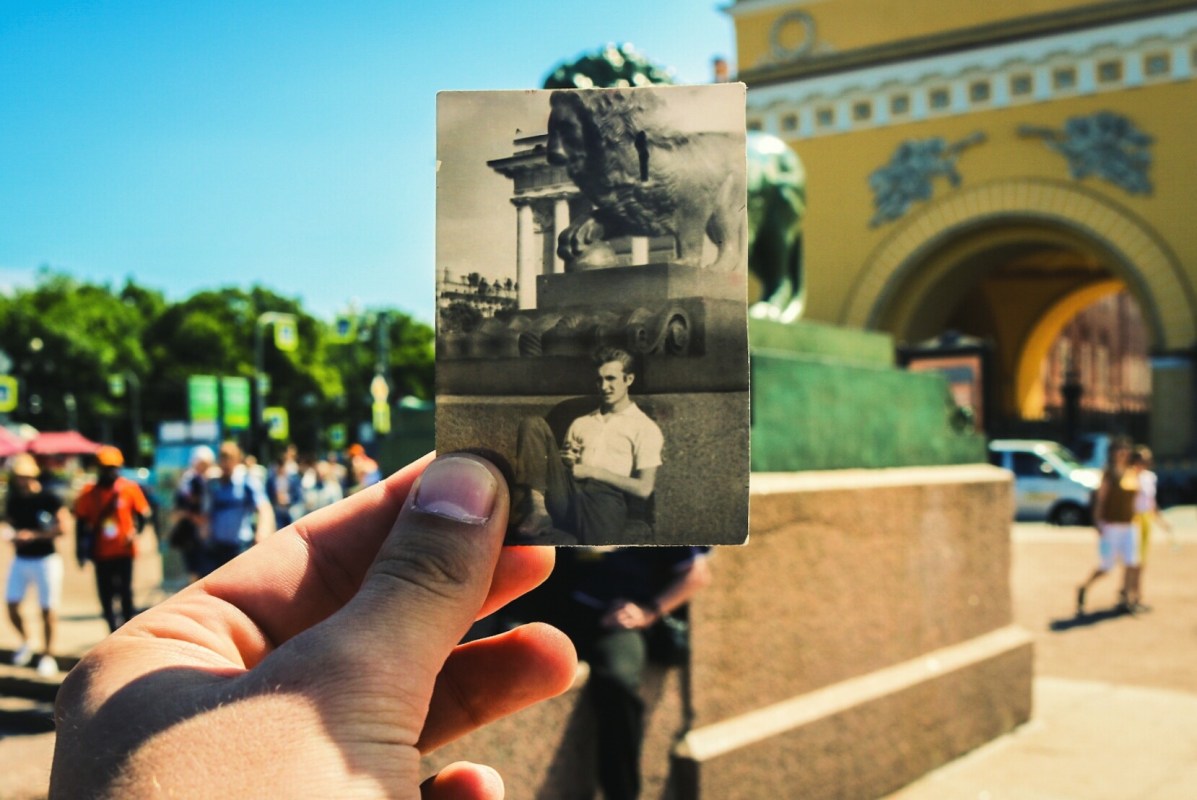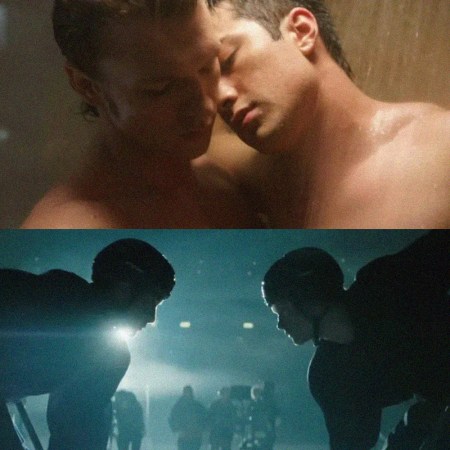Back in kindergarten, parents used to come in on a rotational basis to read to the class. They’d bring snacks and dress up as a character from whatever book they’d chosen. This was generally a fun, low-stakes tradition. Until the day that the dad of a kid name Craig showed up wearing a startlingly authentic lion costume. It was mayhem. Kids started crying, crawling under desks and hiding in the coat closet.
I handled all of this relatively well — Craig had prepped me — but it was definitely a lot to process before I’d had my first peanut butter and jelly for the day. The class took a while to calm down and Craig’s dad spent about a half hour apologizing to our teacher.
Believe it or not, when I access this memory, I don’t “experience” it from the POV of my own five-year-old eyeline, which would’ve somewhere been down on the carpet. I see it from the corner of the room, over by our teacher’s desk, which gives me a full view of Craig’s costume, and a vantage of the ensuing chaos as me and my classmates started running around the room.
According to recent research, so-called “third-person memories” are surprisingly common. Around 90% of people report having at least one, according to a profile by The Atlantic. Craig’s dad is a perfect candidate: third-person memories tend to be A) distant — derived from a period in one’s life where details are scarce — and B) traumatic in some way.
Most of us have a decent share of recent third-person memories (comprising around 25% of our memories over the last five years), while others (especially those with mental conditions like anxiety or schizophrenia) might only recall situations from a dissociative state, where they’re watching themselves perform or react in some way.
This concept can be extremely difficult to wrap one’s head around — why would the brain modify details to physically move me somewhere else in the room? What advantage could this possibly convey? Wouldn’t it distort my perception of reality?
On that last point: definitely. When autobiographical memory elects the third-person, it provides a set of details that you couldn’t possibly have experienced as they’re being presented in your brain. This isn’t just a philosophical rabbit hole, either — these sorts of inaccuracies can have tangible, legal consequences in resolving workplace disputes or documenting eyewitness accounts in court rooms.
They can also impact interpersonal relationships. If you remember a fight or flash-point moment with a loved one, but don’t remember it through your own eyes, how much of that crucial conversation (as you claim to recall it) should you really trust?
Multiple reasons account for this dreamlike dissociation. Time is a logistical one; it just gets harder to remember minute details as we age, so we construct the room, or road, or whatever it was, from the outside in…as opposed to the traditional vice versa.
From a more emotional perspective, meanwhile, third-person memories tend to intersect with times of uncertainty or stress in our lives. To summon a common example, imagine a time where you missed a shot (on the soccer field or basketball court) and many people were watching. You could also think about giving a speech to a crowded room. Are you picturing yourself missing the shot? Your hand holding the microphone in front of you? Or are you positioning yourself in front of all the spectators?
Obviously, this phenomenon can get much, much deeper than a scarring game or speech. Such “traumatic dissociation” occurs often for survivors of abuse and sufferers of mental illness. This morphs into a choice to never live these moments (or months!) through one’s eyes again, and to instead take a seat up in the mezzanine.
Fascinatingly, there is an “advantage” (depending on how you look at it) to stockpiling third-person memories; they can help you fashion a consistent sense of self. As Jacob Stern writes for The Atlantic: “Remembering an event from a third-person perspective puts you in a more narrative frame of mind. It helps you contextualize your experience by bringing it in line with your prior beliefs and fitting it into a coherent story. Memory is the—or at least a—raw material of identity; perspective is a tool we use to mold it.”
So: while remembering everything from the first-person would imbue a level of a complexity and vibrancy into your memories, it might also be too much to handle. If every time you decide to revisit something (say, a crazy lion costume) you have to experience the full weight of that memory’s details (its ravenous eyes gazing into your elementary school soul), you might have more trouble getting through days in the present.
As for determining whether you have third-person memories, find a quiet place and try to focus on a specific time in your life. Don’t force yourself to assume your POV, or to see yourself moving around. Let the memory happen. It’s really freaking hard — especially if you can’t shed an agenda going into the exercise, and especially if that time of your life has been informed by scrapbooks or iPhone photos. Rest assured, though, that you probably have some third-person memories. And at the end of the day, that’s perfectly okay.
The Charge will help you move better, think clearer and stay in the game longer. Subscribe to our wellness newsletter today.



















